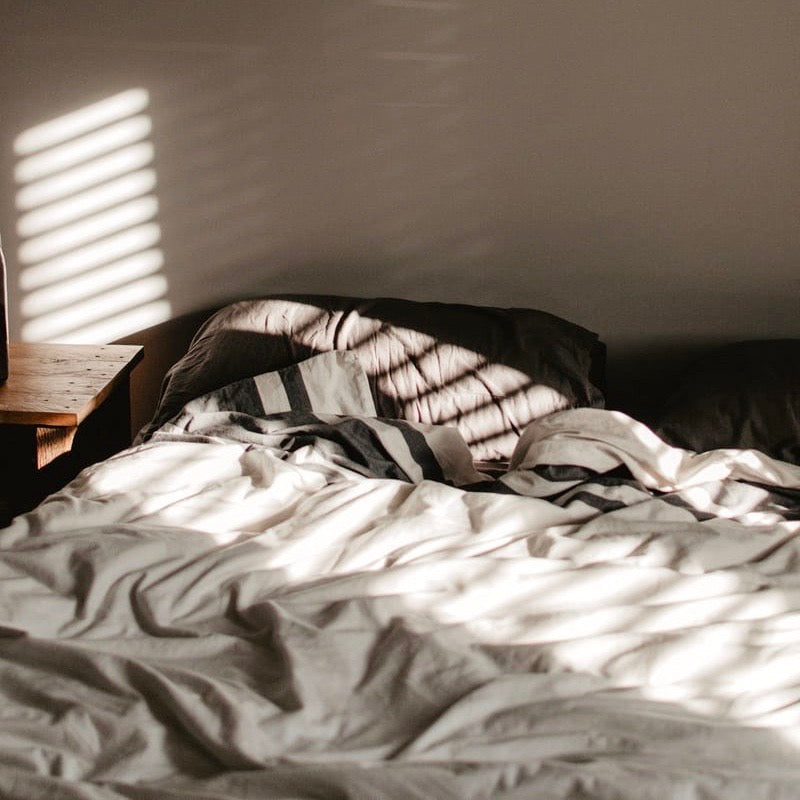
Lack of SLEEP results in the most immediate rapid decline in function. Not only is under-sleeping harmful, but oversleeping is too. Discover the science behind sleep and the significance of attaining an ideal amount of sleep every night
Why do we sleep?
Sleep is just as important as exercise and nutrition! The recommended amount of sleep is seven to nine hours per night. Under-sleeping or oversleeping are equally as bad and can result in an increased genetic risk of depression. Studies have found that people who slept less or more than required were at risk for developing type 2 diabetes, heart disease, and mental health issues. Essentially, your system needs adequate rest for body tissue restoration and to maintain brain plasticity. Sleep allows you to build repair tissues, and it permits the brain to rejuvenate, reorganize, and reinforce memories. Just like our bodies, our brain needs rest too! When the brain is working wonders, it decides to rev up or fire down each connection helping you clear out all that excess junk and insignificant details of the day. Sleep conserves energy and enhances your alertness, concentration, and judgment. It supports the increased immune function to fight off viruses and bacteria. High energy, quick reaction time, endurance capacity, happy mood, emotion regulation are all benefits of adequate restful sleep.
Circadian rhythm (24-hour clock)
Your body has a twenty-four-hour internal clock known as circadian rhythms. Circadian rhythms align you with day and night, but what exactly regulates the circadian rhythms? The circadian rhythms are mainly regulated by a small area in the base of your brain called the hypothalamus. The hypothalamus connects the nervous system responsible for sensation, integration, and motor function to the endocrine system that is responsible for releasing hormones that control your mood, growth, development, metabolism, organs, and reproduction. Light affects circadian rhythms, the “sleepy” hormone called melatonin that stops releasing when exposed to natural or artificial light. By aligning to your natural rhythms of day and night, you may reduce the risk of health issues such as diabetes, obesity, depression, and dementia.
Top 10 Tips for an adequate Night’s Sleep
- Wake up and go to bed at a consistent time
- Minimize caffeine intake and consume it before 2 pm - Caffeine consumption as much as 12hrs before bed can cause insomnia
- Limit alcohol intake as it can interfere with deep sleep
- Regular exercise helps normalize your body’s 24-hour clock
- Eat a small to medium dinner - too much food can make it harder to fall asleep
- Limit fluids shortly before bed
- Clear your mind by writing down your thoughts on paper before bed to help you prepare for genuine relaxation
- Turn off electronics at least 1 hour before bed (laptops, phones, etc.) - Screen lights confuse your body into NOT knowing that it is time to sleep
- Relax by reading, meditation and gentle movements such as stretching, yoga, or walking are some examples
- Take a warm shower before bed to relax and de-stress - Magnesium-based Epsom salts are known to help with sleep
Create a comfortable sleep environment that is relatively quiet, peaceful, organized, and clutter-free. Set your room to a preferably cold to neutral temperature based on what works best for you. Ensure your bedroom is as dark as possible before sleeping to maximize the “sleepy” hormone production.
Written by Manya Arora
